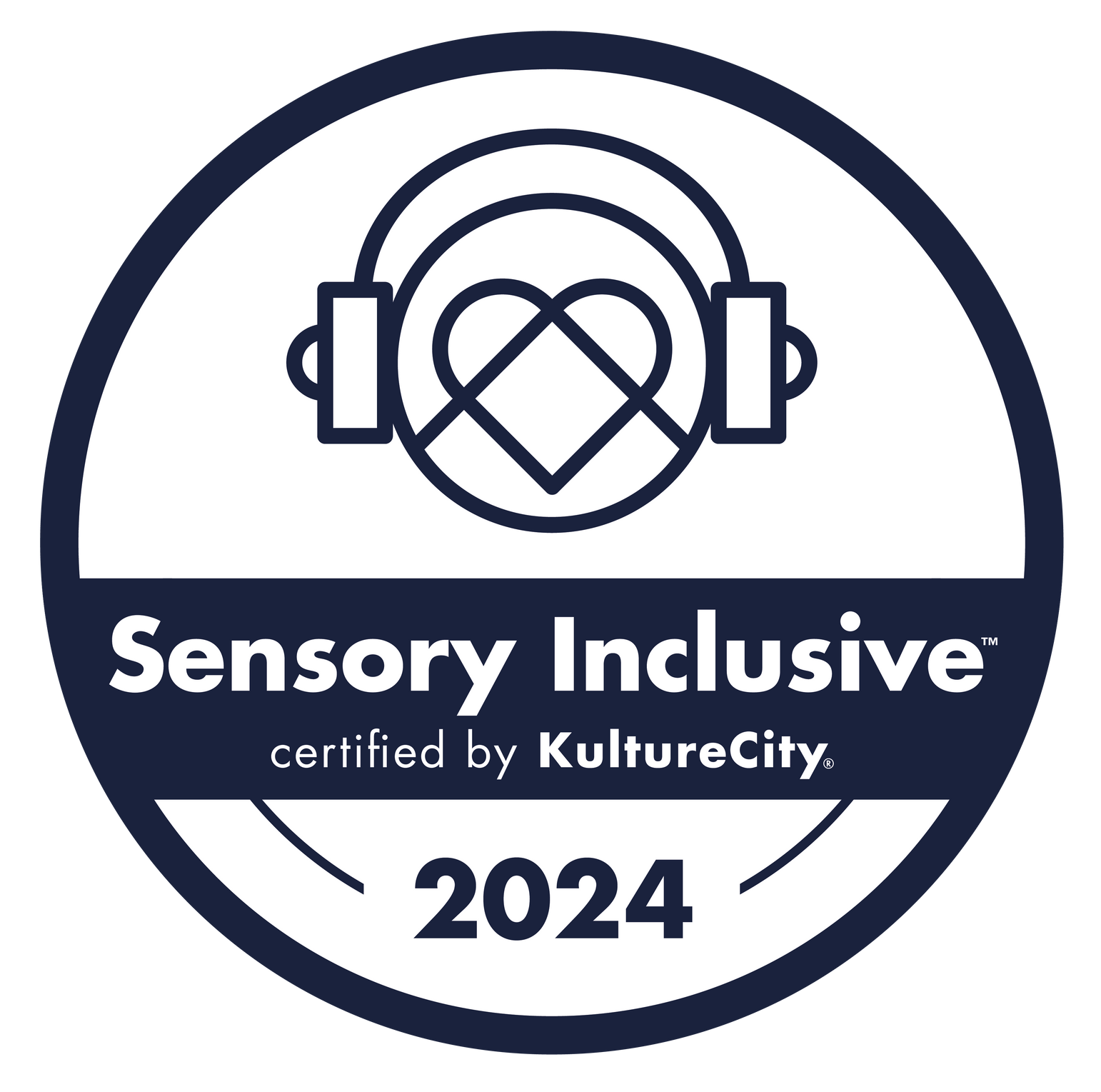Behavioral Health
Does Your Child Need A Behavioral Evaluation?
What We Do
In cooperation with community based mental health providers, we evaluate and treat children for behavior concerns and school problems including:
- Inattention and lack of focus
- Anxiety
- Depression
If you have concerns about your child's behaviors or emotions, please request an appointment. Expect us to gather information that will be used to determine how we can best help your child. If a behavioral evaluation with one of our providers is needed, we will schedule this visit for you and provide you with assessment tools that you can complete prior to the your visit.
What to Expect at a Behavioral Evaluation
What to Expect at a Behavioral Evaluation
At least one week prior to your appointment, complete assigned assessments noted above. On the day of your child's behavioral evaluation, please arrive 10 minutes prior to your scheduled appointment time. Ideally, your child should eat a nutritious meal prior to the appointment and be well-rested.
You and your child will meet with our provider who will perform a thorough assessment and develop a behavioral health management plan for your child. Our providers may recommend additional counseling to best serve your child.
If the provider prescribes medication, he/she will want to have several follow up visits with your child to assess progress.
Assessment tools to complete that may need to be completed for children ages 5-12:
- Vanderbilt Assessment - Parent Initial
- Vanderbilt Assessment - Teacher Initial
- Screen for Child Anxiety Related Disorders (SCARED) - Parent
- Screen for Child Anxiety Related Disorders (SCARED) – Child
- Center for Epidemiological Studies Depression Scale for Children (CES-DC)
Assessment tools that need to be completed for children ages 13-18:
- Vanderbilt Assessment - Parent Initial
- Vanderbilt Assessment - Teacher Initial
- Screen for Child Anxiety Related Disorders (SCARED) - Parent
- Screen for Child Anxiety Related Disorders (SCARED) – Child
- Center for Epidemiological Studies Depression Scale for Children (CES-DC)
- Patient Health Questionnaire 9 (PHQ9)
- Generalized Anxiety Disorder 7 (GAD-7)
- CRAFFT screening tool
Assessment tools used on a case by case basis include:
- Child Obsessional Compulsive Inventory- Parent and Child (CHOCI)
Completing the Assessments
- You will be directed to complete the Parent Assessments.
- Your child will be given various assessments to complete on their own when age appropriate.
- You will be directed to invite your child’s teacher to complete an assessment.
Important! All Assessments must be completed before the day of your child’s appointment.
Ongoing Medication Management
If your child is doing well with his/her medication, frequency of subsequent appointments will be determined based on stability of symptoms. At a minimum, expect medication check appointments to be every 6 months when considered to be stable.
Contact Us
Office Hours
Monday - Friday
8am - 4pm
Saturday
9am - 12pm
Sunday Closed


